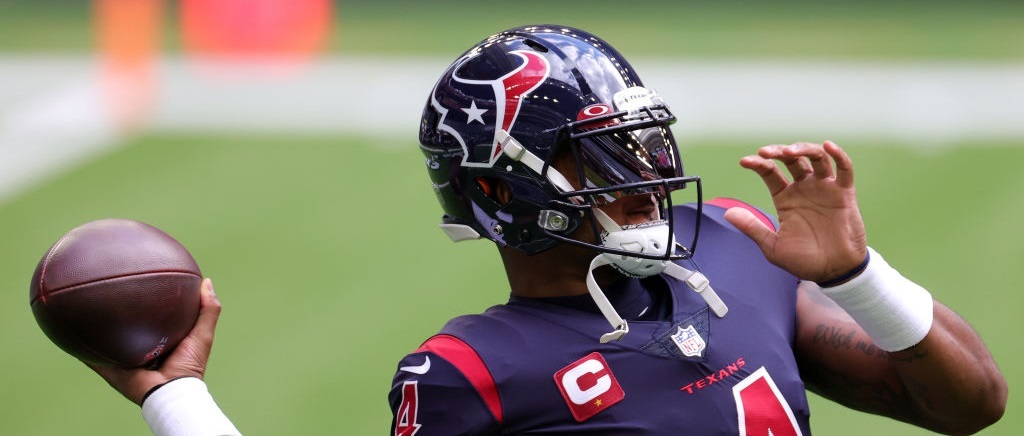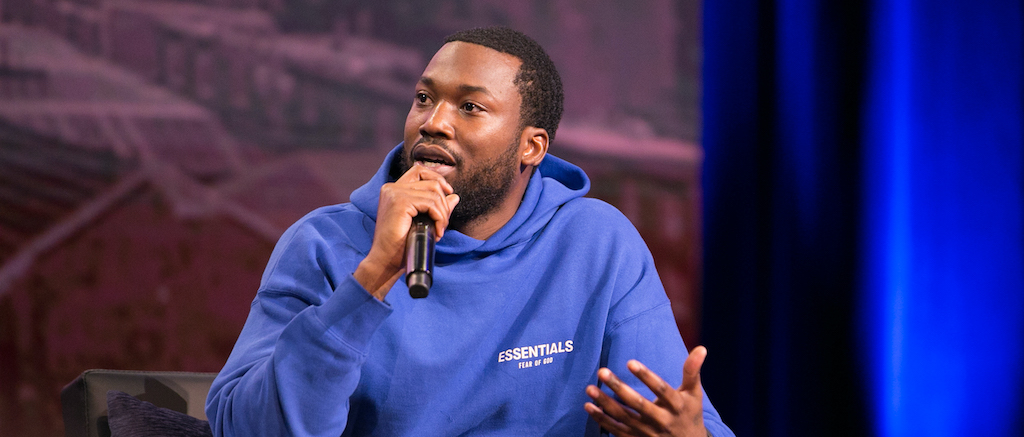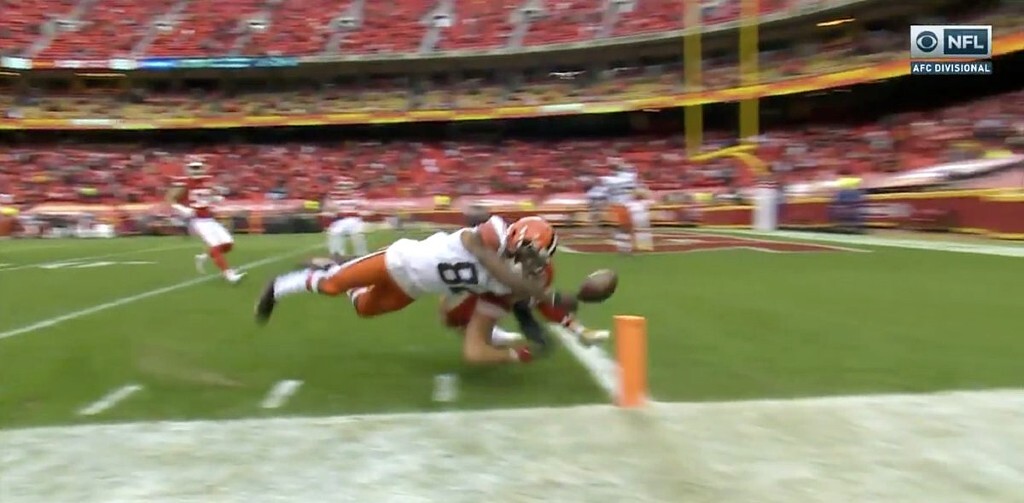
The Browns came into Arrowhead Stadium with a monumental task in front of them. How were they going to upset the No. 1 seeded Kansas City Chiefs? The Chiefs are defending Super Bowl Champs, one of the most prolific offenses in football, and extremely dangerous anytime they get the ball in their hands. To have a chance, you have to make every possession count when you have the ball.
Down 16-3 late in the second quarter, the Browns needed a score of any kind to give them some positive momentum going into halftime. Driving towards the end zone it felt like Cleveland was going to be able to get a field goal at minimum. Then, on a beautiful pitch and catch, Baker Mayfield found Rashard Higgins with room to run. He dove for the pylon and met a Chiefs defender at the goal line. Then the worst rule in football struck. The Browns fumbled the ball into the end zone and it rolled out the side. This is now considered a touchback and Chiefs ball.
— Steve Noah (@Steve_OS) January 17, 2021
This is an absolute momentum killer for the Browns. Instead of going into halftime with a score and primed to get the ball back at the start of halftime, they have to go in with nothing at all. The refs made the correct call, because that’s the way the rule is written, but it makes such little sense that the ball isn’t just placed at the 1-yard line. That’s how a fumble out of bounds is treated everywhere else on the field and it’s frustrating that changes when it comes to the end zones.
To make Browns fans even more frustrated by this play, the replay shows the Chiefs tackler, Dan Sorensen, leading with the crown of his helmet into Higgins head when he makes the hit. Had this been called on the field the refs could have reviewed it and made an unnecessary roughness call, which Gene Steratore said should’ve been called on the CBS broadcast, which would have given the Browns the ball back. Unlike in college, though, helmet-to-helmet hits are not reviewable in the NFL.
This is such a dumb rule pic.twitter.com/Wd2Dfo23Z0
— Kaelen Jones (@kaelenjones) January 17, 2021
After getting the ball on the turnover, the Chiefs managed to drive down the field into field goal range and kick a field goal to up 19-3 at halftime. One play swung potentially the entire game in a disastrous way — and certainly swung a lot of money for bettors who had Cleveland +6 in the first half and lost out on the push.

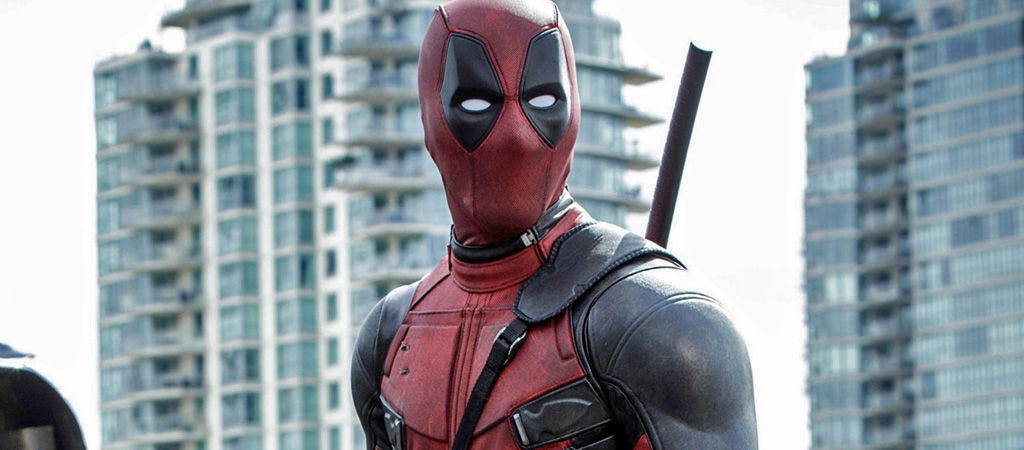
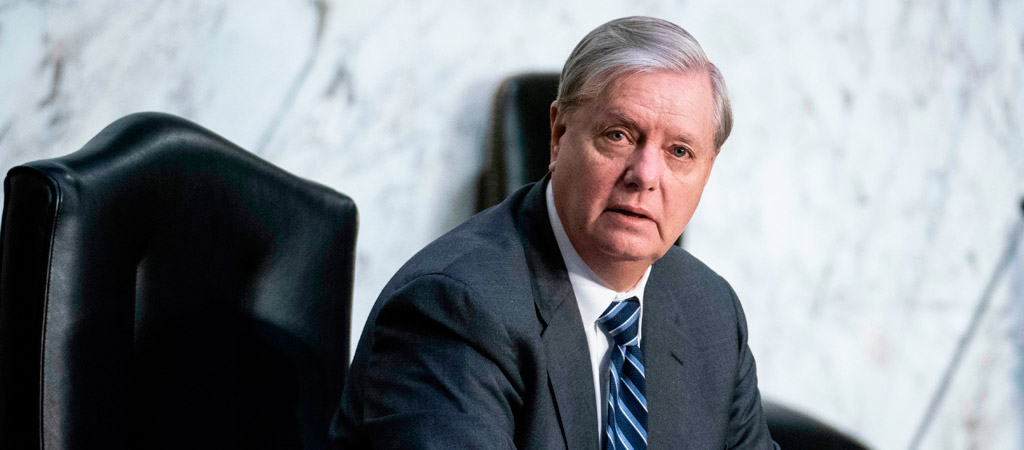


 (@AmyAThatcher)
(@AmyAThatcher)  Lindsey??
Lindsey??  (@cmclymer)
(@cmclymer) 

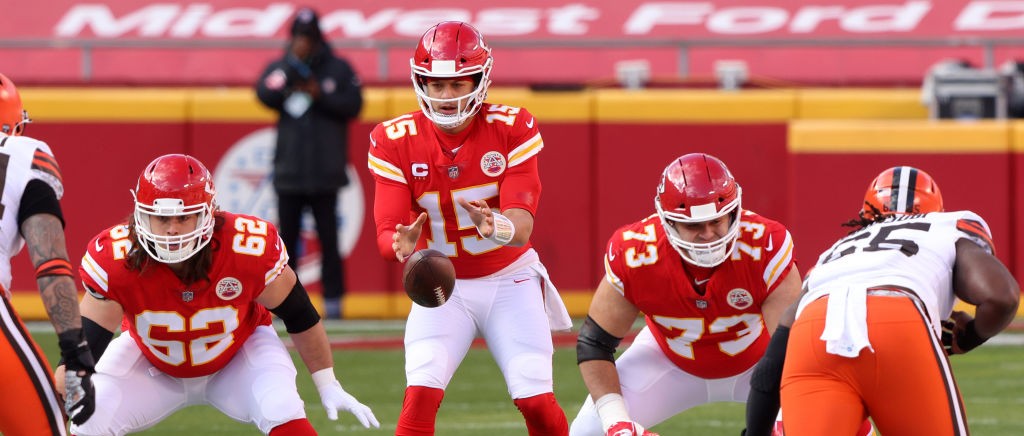


 (@HiphopPedia)
(@HiphopPedia) 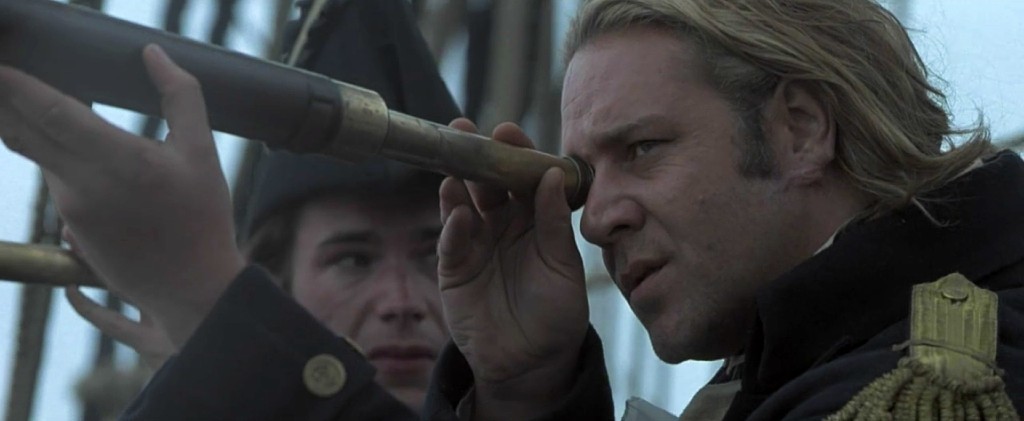

 (@MusketAnna)
(@MusketAnna) 